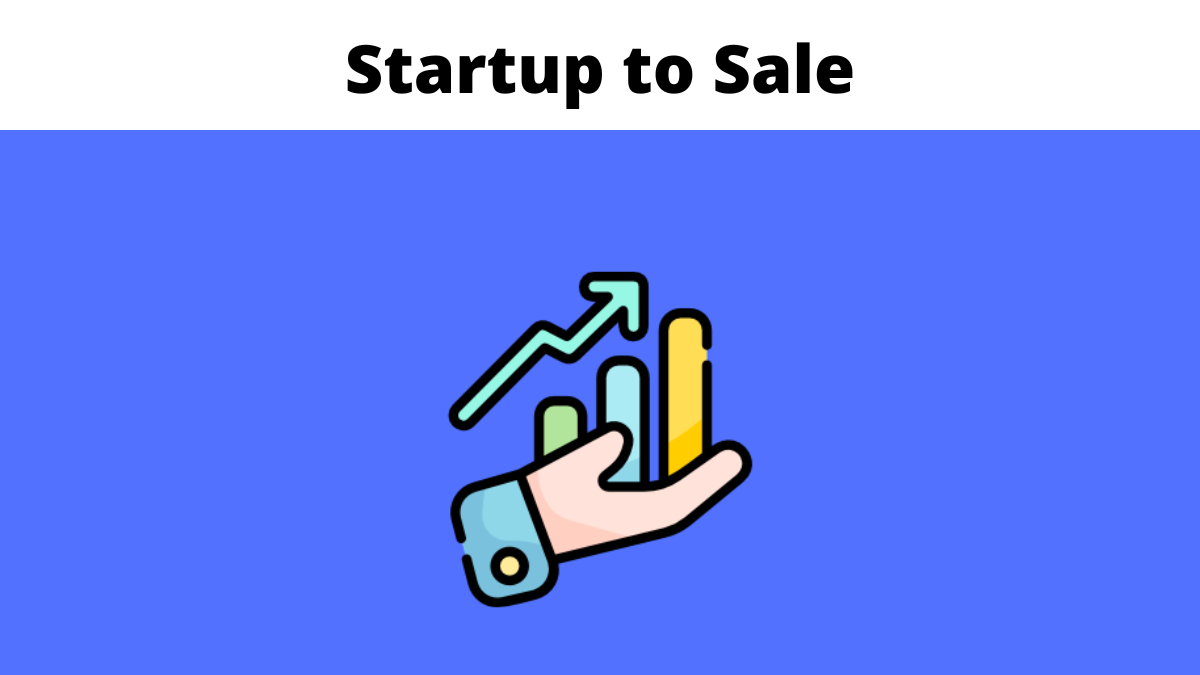As a SaaS business owner, you have invested countless hours, money, and effort into building your business. You have overcome many challenges and have now reached a point where you are ready to take the next step in your entrepreneurial journey – selling your business. Selling a SaaS business can be a complex process that requires careful planning and execution. In this article, we will provide a comprehensive guide on how to sell a SaaS business and answer some of the most common questions that SaaS business owners have.
What does SaaS mean in Business?
SaaS stands for Software as a Service, which is delivering software applications to customers over the internet. Instead of installing and maintaining software on individual computers or servers, SaaS allows businesses to access the software they need through a web browser or mobile app.
This approach to software delivery has become increasingly popular in recent years due to its many benefits. As Younium says, For one, SaaS is typically more affordable than traditional software solutions, pay for the services such as record revenue and billing, they use on a subscription basis. Additionally, SaaS eliminates the need for businesses to invest in their IT infrastructure or hire a dedicated IT team to manage and maintain software applications.
Furthermore, SaaS is highly flexible and scalable, allowing businesses to quickly and easily add or remove users or software features as needed. This makes it an ideal solution for growing businesses and established companies looking to streamline their operations and reduce overhead costs.
In general, SaaS has transformed how organizations run, making it simpler and more affordable for them to acquire the software and resources they need to thrive. Each business owner or manager who wants to maintain their competitiveness in today’s fast-paced digital environment must thoroughly understand what SaaS implies in the business world, including best SAAS management practices for optimal performance.
Read More: SmiHub – Instagram Viewer Tool
How to sell a SaaS business?
- Preparation: In the preparation phase of selling a SaaS business, it is essential to gather all relevant financial and operational data, identify potential buyers, and develop a clear strategy for sale. Utilizing sales content analytics can help present key performance metrics to buyers, while content sharing & tracking ensures seamless communication during negotiations. However, finding the right buyer interested in purchasing your business can be challenging. You have to be wary of any unsolicited offer M&A that will put you in a difficult position. To help with this, you can work with a reputable broker like Website Closers, specializing in selling SaaS businesses. Website Closers has extensive experience in the SaaS industry and can connect you with potential buyers looking for businesses like yours. They have a proven track record of success, having sold over 500 businesses in various industries. By working with Website Closers, you can increase your chances of finding the right buyer and receiving a fair price for your hard work.
- Valuation: To sell your SaaS business successfully, it is crucial to prepare your SaaS businesses for sale, determine its valuation, market it to potential buyers, negotiate the terms of the deal, conduct due diligence, and finally close the deal. This comprehensive guide for SaaS business owners has covered all the critical aspects of selling a SaaS business. To ensure you receive the best possible outcome, we recommend working with a reputable broker like Website Closers, who can help you connect with potential buyers and guide you through the entire sales process.
- Marketing: Once you have determined the value of your business, the next step is to market it to potential buyers. This involves creating a compelling sales pitch, preparing marketing materials such as a prospectus or teaser, and reaching out to potential buyers through various channels such as social media, email, or industry events.
- Negotiation: The negotiation process begins when you receive offers from potential buyers. This involves discussing the terms of the deal, such as the purchase price, payment structure, and any contingencies or warranties. It’s important to clearly understand your bottom line and be willing to walk away from a deal that does not meet your requirements.
- Due Diligence: Once you have agreed to the terms of the sale, the buyer will conduct due diligence to verify the accuracy of the financial and operational data you have provided. This can be lengthy and complex, and it’s important to be transparent and responsive throughout the process.
- Closing: After completing due diligence, the final step is closing the deal. This involves signing the purchase agreement, transferring ownership of the business, and receiving payment for the sale.
Questions to ask when selling a SaaS business
- Why are you selling your business?
- What is the valuation of your business?
- Who are the potential buyers for your business?
- What are the terms of the sale?
- What is the due diligence process?
- What is the timeline for sale?
- What are the tax implications of the sale?
- What support will you provide to the buyer after the sale?
Selling a SaaS business can be a complex process, but with careful planning and execution, it can be a rewarding experience. By following the steps outlined in this article and asking the right questions, you can ensure a successful sale and a smooth transition for your business.

